Beginners Guides
How Long Does Green Juice Last


Ever curious about the shelf life of that green juice bottle in your refrigerator? Fear not, for we have the insights you seek.
In this article, we’ll explore the factors that affect the shelf life of green juice, provide tips on proper storage, and discuss the average lifespan of green juice in the fridge.
We’ll also cover the telltale signs of spoiled juice and whether it’s possible to extend its shelf life.
So, let’s dive in and keep your green juice game strong!
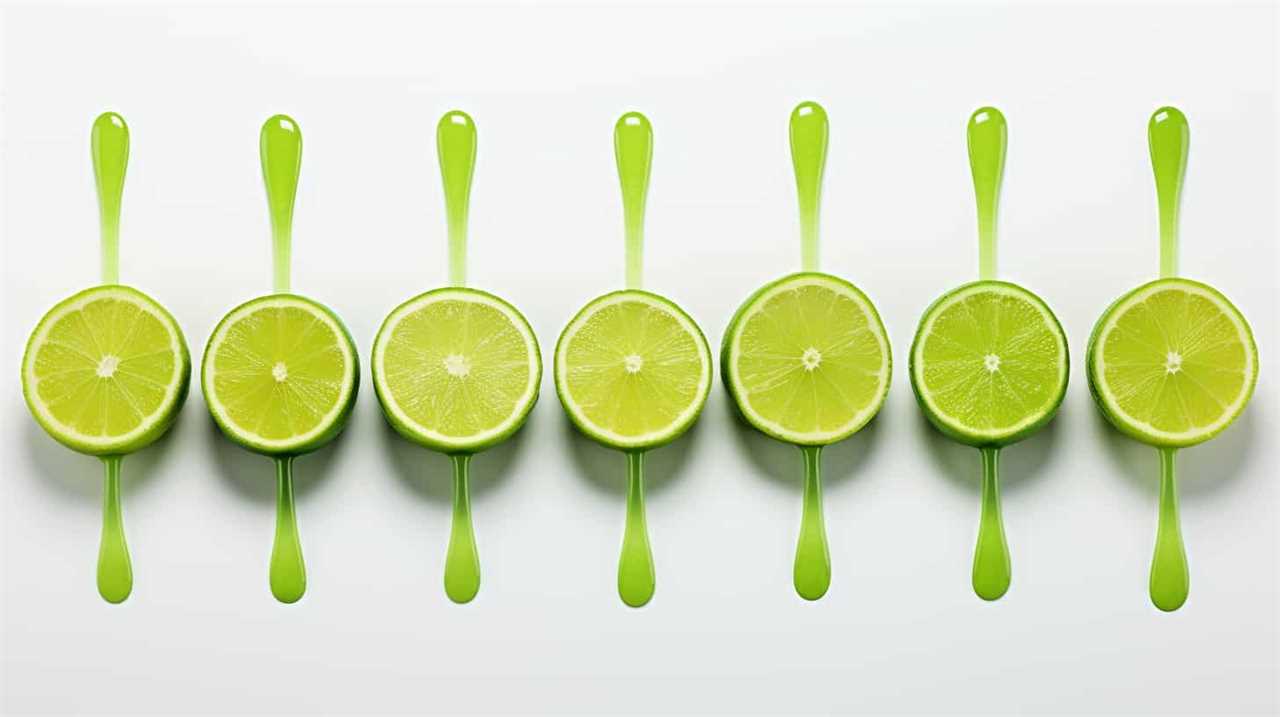
Key Takeaways
- Nutritional benefits of green juice degrade over time
- Green juice typically lasts for 3 to 5 days in the fridge
- Signs of spoilage include foul odor, mold growth, or changes in color or texture
- Proper storage in airtight glass containers and refrigeration can help extend the shelf life of green juice
Factors Affecting the Shelf Life of Green Juice
We’ve found that several factors can significantly impact the shelf life of green juice.
One important factor is the nutritional benefits of green juice. Green juice is packed with vitamins, minerals, and antioxidants that can help boost your immune system and provide a natural energy boost. However, these nutrients can degrade over time, especially when exposed to light, heat, and air.
To maximize the effectiveness of green juice, it’s best to consume it as soon as possible after juicing. The enzymes and nutrients are most potent when freshly made. If you can’t drink it immediately, store it in an airtight container in the refrigerator and consume it within 24 to 48 hours.
Remember to shake the juice before drinking to redistribute any settled particles. By understanding these factors, you can ensure that you’re getting the most out of your green juice.
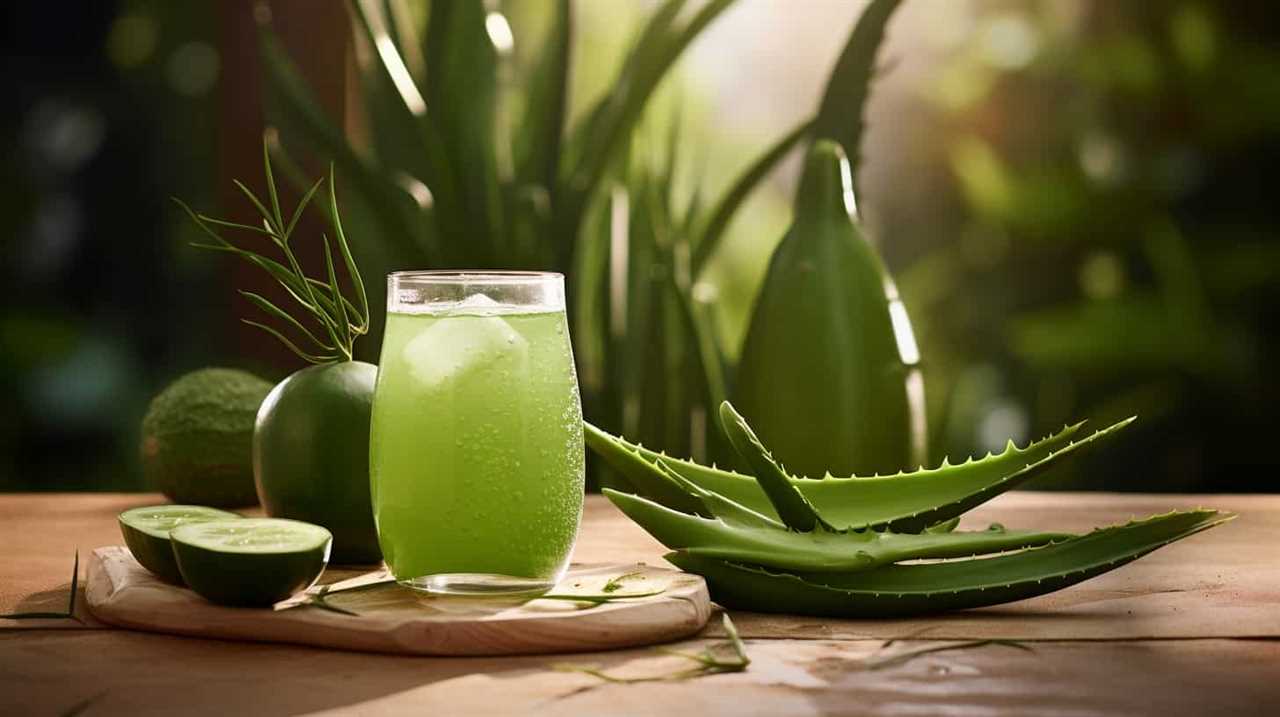
How to Store Green Juice Properly
To ensure the freshness and longevity of our green juice, let’s discuss how we can properly store it. Proper storage is essential to maintain the nutritional value and taste of the juice.
Firstly, it’s recommended to consume green juice immediately after making it to maximize its benefits. However, if you need to store it, transfer the juice into an airtight glass container and refrigerate it. Glass containers are ideal as they don’t react with the juice and help maintain its freshness.
It’s important to fill the container to the top to minimize oxidation. Additionally, storing the juice in the coldest part of the refrigerator, such as the back, will help prolong its shelf life.
Now that we know how to store green juice properly, let’s explore the average shelf life of green juice in the fridge.

The Average Shelf Life of Green Juice in the Fridge
Our green juice can typically last for about three to five days in the fridge. It’s important to note that the shelf life may vary depending on the specific ingredients used and the method of juicing.
To ensure the maximum freshness and nutritional benefits of green juice, here are a few tips:
- Store the green juice in an airtight container to prevent oxidation and maintain its vibrant color.
- Keep the juice refrigerated at all times, as exposure to heat can accelerate spoilage.
- Consume the green juice as soon as possible after juicing for the highest nutrient content.
- For optimal health benefits, it’s recommended to consume green juice on an empty stomach, such as in the morning or before a meal.
Signs of Spoiled Green Juice and When to Discard It
We can determine if our green juice has spoiled by looking for signs such as a foul odor, mold growth, or a change in color or texture. These are common causes for concern and can indicate that the juice is no longer safe to consume.
A foul odor may suggest the presence of harmful bacteria, while mold growth is a clear sign of spoilage. Changes in color or texture may indicate oxidation or the breakdown of nutrients. It’s important to discard the juice if any of these signs are present to avoid potential health risks.
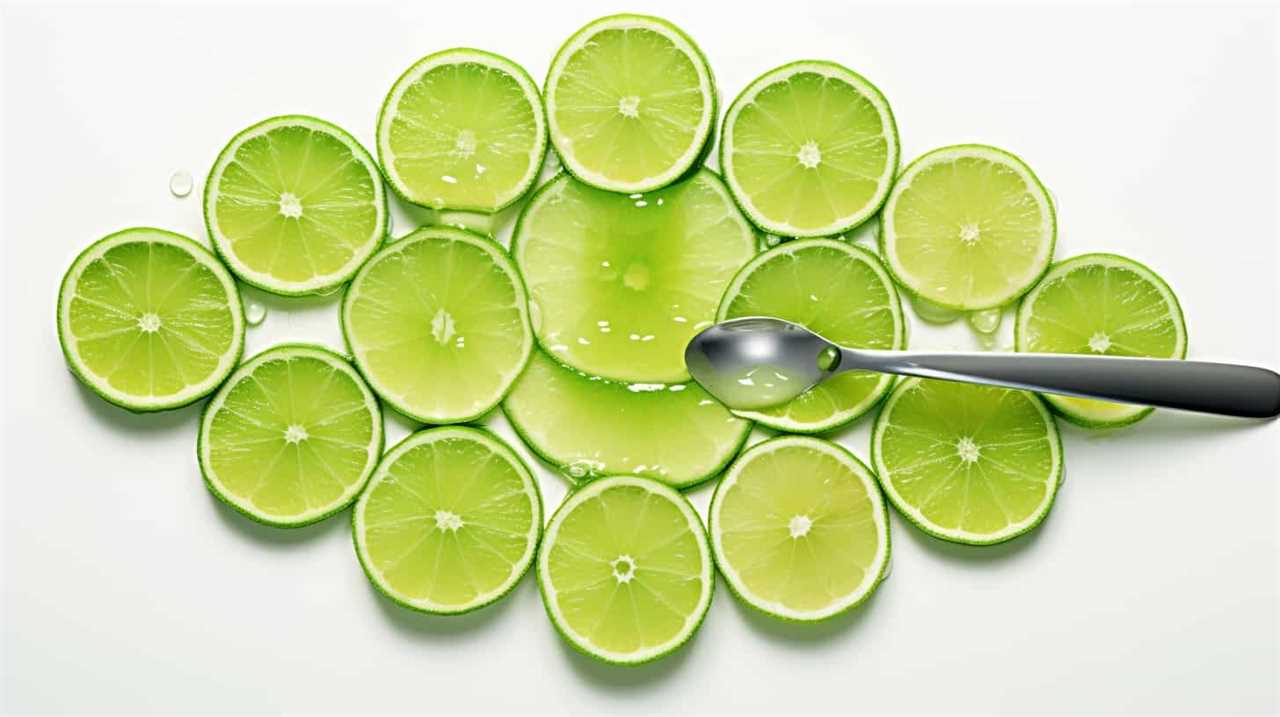
However, there are ways to extend the shelf life of green juice, which we’ll discuss in the next section.
Can You Extend the Shelf Life of Green Juice?
Fortunately, there are ways we can extend the shelf life of green juice to ensure it stays fresh for longer. Here are some tips to help you preserve the freshness of your green juice:
- Store it in the refrigerator: Keeping your green juice chilled can help slow down the growth of bacteria and other microorganisms that can cause spoilage.
- Use airtight containers: Transfer your green juice into airtight containers to prevent exposure to air, which can accelerate the oxidation process and lead to spoilage.
- Add lemon juice: The citric acid in lemon juice can act as a natural preservative, helping to inhibit the growth of bacteria in your green juice.
- Freeze it: If you have excess green juice that you won’t be able to consume within a few days, consider freezing it in ice cube trays. This can help extend its shelf life and allow you to enjoy it at a later time.
Frequently Asked Questions
Can I Freeze Green Juice to Extend Its Shelf Life?
Yes, we can freeze green juice to extend its shelf life. Freezing helps preserve the nutrients and freshness of the juice. The benefits of freezing green juice include convenience and the ability to enjoy it at a later time.
How Long Does Green Juice Last if It’s Not Refrigerated?
Green juice lasts for a limited amount of time if not refrigerated. Its shelf life can be extended by using preservation methods such as freezing or using airtight containers.

Can I Mix Different Types of Green Juice Together to Create a Longer-Lasting Blend?
Mixing different types of green juice together can create a longer-lasting blend. The benefits of combining various types include a wider range of nutrients and flavors. It’s a great way to maximize the health benefits of your juice.
Is It Safe to Consume Green Juice That Has Changed Color?
It is important to consume green juice that hasn’t changed color to ensure its safety. However, we can discuss the health benefits of consuming green juice regularly and offer tips for storing it properly to maintain freshness.
Can I Consume Green Juice That Has Been Left Out at Room Temperature for a Few Hours?
If left out at room temperature for a few hours, it is not recommended to drink warm green juice. It may have lost its nutritional value and could potentially harbor harmful bacteria. It’s best to consume it fresh for maximum benefits.
Conclusion
In conclusion, it’s important to properly store green juice to ensure its maximum freshness and nutritional value. Factors such as temperature, exposure to air, and the quality of ingredients can affect its shelf life.

By refrigerating green juice and consuming it within 2-3 days, you can enjoy its benefits and avoid any potential spoilage.
Remember, ‘an ounce of prevention is worth a pound of cure,’ so make sure to discard any green juice that shows signs of spoilage to prioritize your health.
Susannah expertise lies in researching and compiling evidence-based content on juicing, nutrition, and overall health. She is committed to ensuring that The Juicery World offers accurate, up-to-date, and trustworthy information to empower readers to take control of their health. Susannah’s goal is to inspire individuals to embrace juicing as a way to nourish their bodies and live their best lives.
Beginners Guides
Understanding the Nutritional Benefits of Vegetable Juices

Have you ever wondered how vegetable juices can benefit our overall health and well-being? Well, we have the answers for you!
In this article, we will explore the nutritional benefits of vegetable juices and how they can positively impact our bodies. From essential nutrients to powerful antioxidants, we will delve into the science behind these vibrant and delicious beverages.
Get ready to discover the secrets of maximizing the nutritional value of vegetable juices and enjoy a healthier lifestyle.
Key Takeaways
- Vegetable juices provide a concentrated dose of vitamins, minerals, and antioxidants.
- Vegetable juices aid in detoxification and boost immune function.
- Including vegetable juices in the diet promotes weight management and supports gut health.
- Homemade vegetable juices offer a higher nutritional value compared to store-bought options.
Essential Nutrients in Vegetable Juices
Our bodies can benefit from the essential nutrients found in vegetable juices. When we consume vegetable juices, we’re providing our bodies with a concentrated dose of vitamins, minerals, and antioxidants. These nutrients are essential for our overall health and well-being.
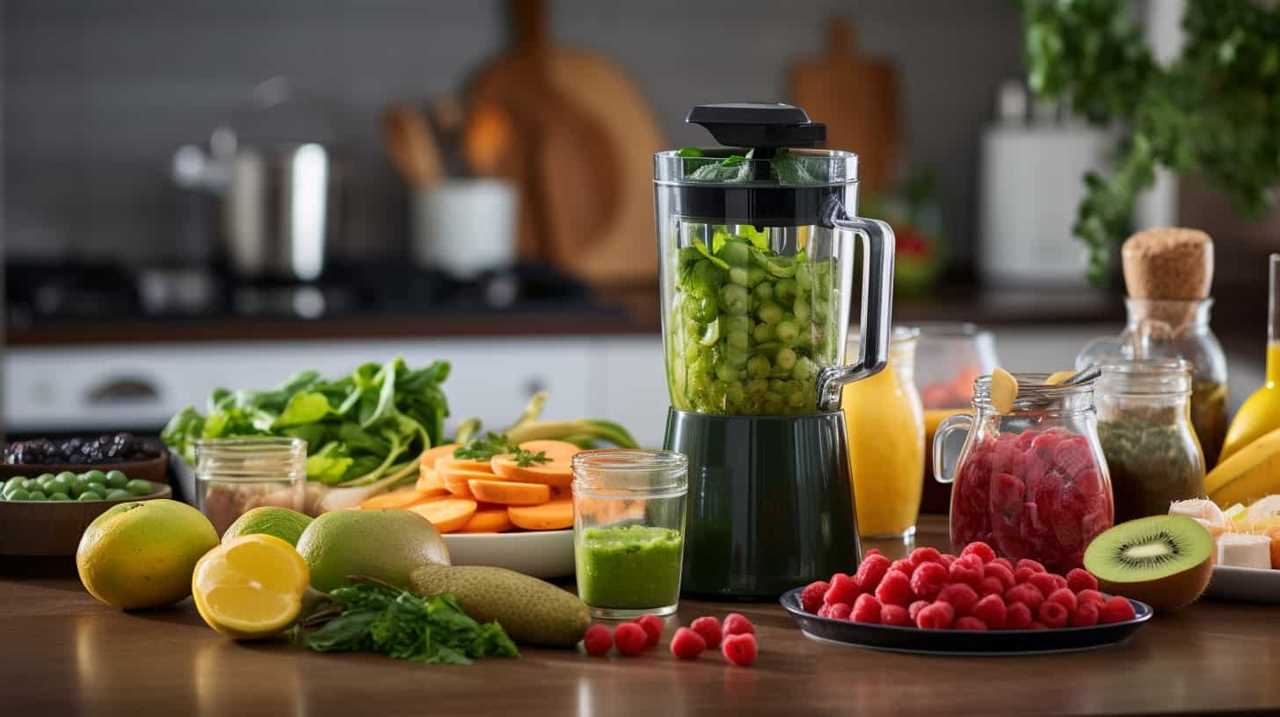
Vegetable juice recipes offer a convenient way to incorporate a variety of vegetables into our diet, ensuring that we receive a wide range of nutrients. Juicing allows us to extract the nutrients from vegetables in a more easily digestible form, making it easier for our bodies to absorb and utilize these nutrients.
While consuming whole vegetables is also beneficial, juicing can be a practical option for those who struggle to consume enough vegetables in their diet. By incorporating vegetable juices into our daily routine, we can support our bodies in receiving the essential nutrients they need to thrive.
Antioxidant Power of Vegetable Juices
When it comes to the antioxidant power of vegetable juices, these nutrient-rich beverages play a crucial role in supporting our overall health and well-being.
Here are three reasons why vegetable juices are a great source of antioxidants:
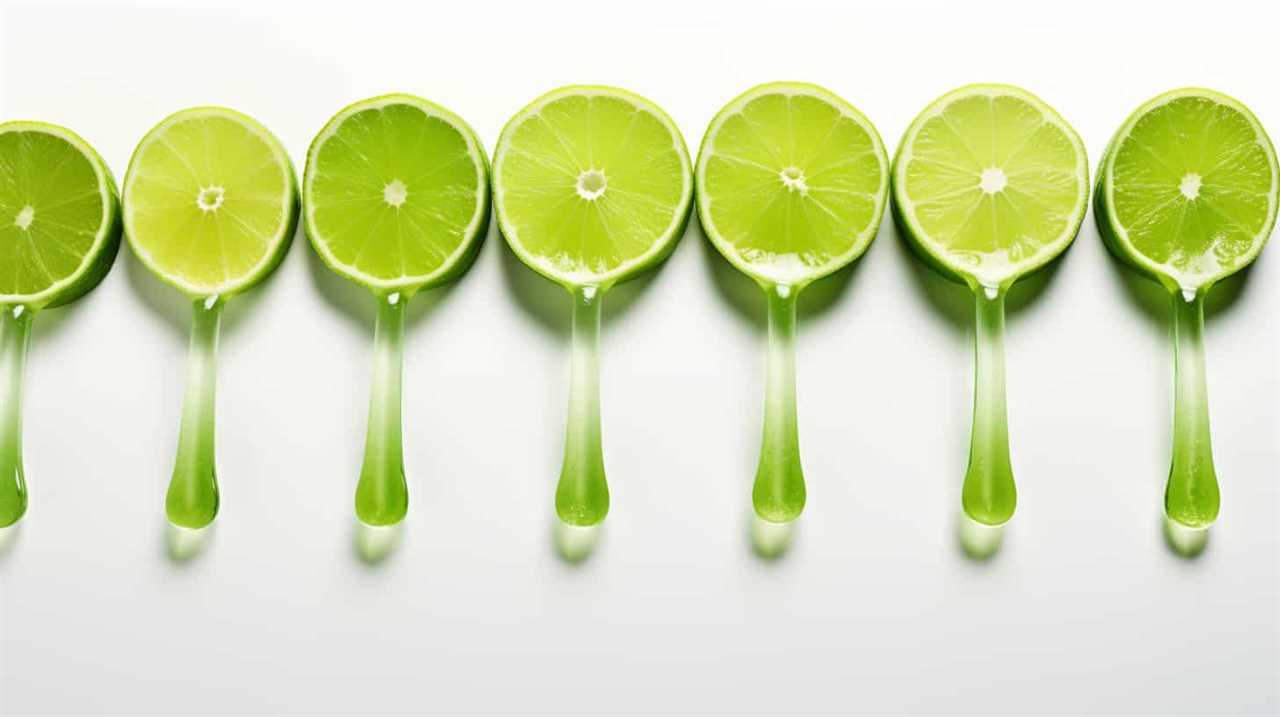
- Detoxifying properties: Vegetable juices contain compounds like chlorophyll and phytonutrients that help eliminate toxins from our bodies. By promoting detoxification, vegetable juices can help improve our overall health and vitality.
- Boosting immune function: Vegetable juices are packed with vitamins, minerals, and antioxidants that help strengthen our immune system. These nutrients help protect our cells from damage caused by free radicals, reducing the risk of chronic diseases.
- Fighting oxidative stress: Antioxidants found in vegetable juices help combat oxidative stress, which is a major contributor to aging and various health problems. By neutralizing free radicals, vegetable juices can help protect our cells and promote longevity.
With their detoxifying properties and immune-boosting abilities, vegetable juices are a valuable addition to our diet.
Next, let’s explore the specific health benefits of drinking vegetable juices.
Health Benefits of Drinking Vegetable Juices
Let’s now delve into the numerous health benefits that come from incorporating vegetable juices into our diet. Vegetable juices play a crucial role in weight management due to their low calorie content and high nutrient density. They provide a filling and satisfying option that can help reduce cravings for unhealthy snacks and promote satiety. Additionally, vegetable juices are rich in dietary fiber, which aids in digestion and promotes gut health. The fiber in these juices acts as a prebiotic, feeding the beneficial bacteria in our gut and supporting a healthy digestive system. This can help alleviate digestive issues such as constipation and improve overall gut function. Including vegetable juices in our diet can be a simple and effective way to support weight management and maintain a healthy digestive system.
| Health Benefit | Role of Vegetable Juices | Impact on Digestion and Gut Health |
|---|---|---|
| Weight Management | Low in calories, high in nutrients, and filling | Promotes satiety and reduces cravings |
| Digestion | Rich in dietary fiber | Acts as a prebiotic, supports healthy gut bacteria |
| Gut Health | Supports a healthy digestive system | Alleviates digestive issues such as constipation |
Nutritional Comparison of Different Vegetable Juices
To further explore the benefits of vegetable juices, we’ll now analyze the nutritional differences among various types of vegetable juices.

It’s important to understand the nutritional value of homemade vegetable juices compared to eating whole vegetables. Here is a comparison to help you make an informed choice:
- Nutrient Concentration: Vegetable juices are more concentrated in nutrients compared to whole vegetables, as the juicing process extracts the liquid and nutrients from the fiber.
- Ease of Digestion: Drinking vegetable juices allows your body to absorb nutrients more easily, as the juicing process breaks down the vegetables, making them easier to digest.
- Variety of Nutrients: Different vegetables offer various nutrients, and by juicing a variety of vegetables, you can ensure a diverse range of nutrients in your diet.
Now that we understand the nutritional differences between vegetable juices and whole vegetables, let’s move on to the next section, where we’ll discuss tips for maximizing the nutritional value of vegetable juices.
Tips for Maximizing the Nutritional Value of Vegetable Juices
To optimize the nutritional value of vegetable juices, we can incorporate simple yet effective strategies.
One key strategy is extracting maximum nutrients from vegetable juices. This can be achieved by using a high-quality juicer that ensures minimal oxidation and heat exposure, as these factors can degrade the nutritional content of the juice. Additionally, it’s important to consume the juice immediately after extraction to preserve the freshness and potency of the nutrients.
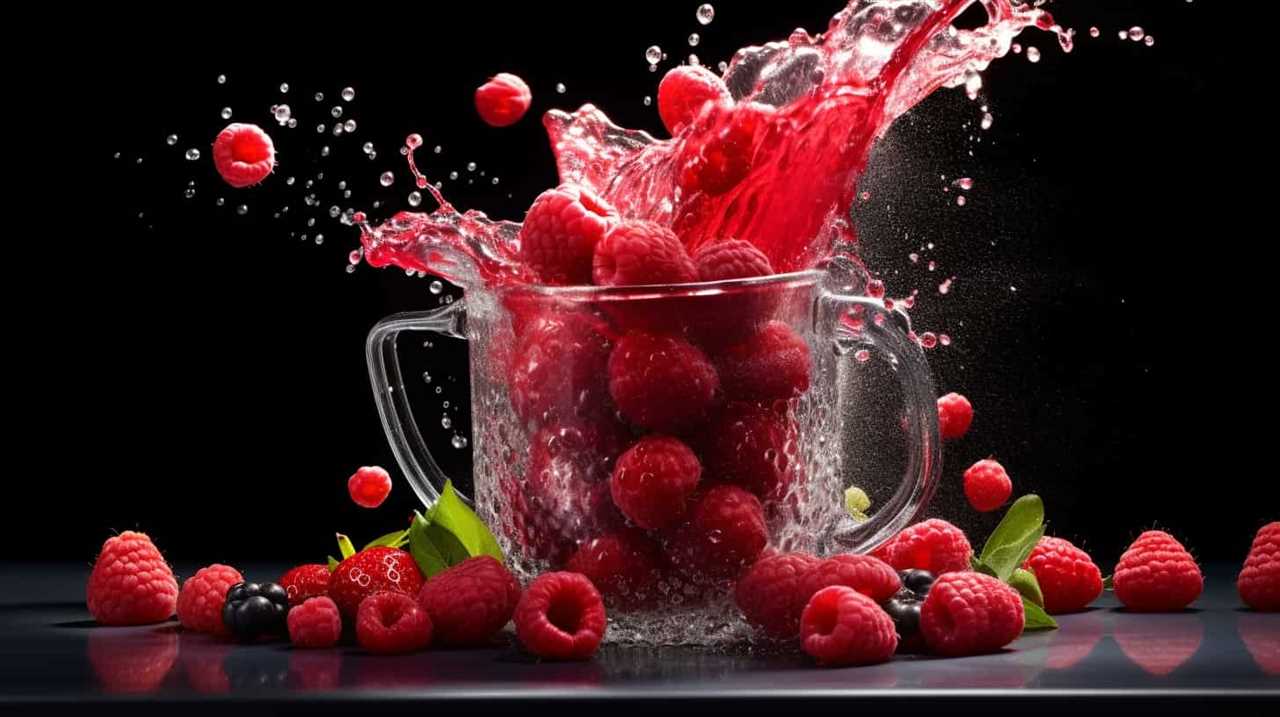
Another crucial aspect is choosing the right vegetables for optimal nutrition in juices. Different vegetables offer different nutritional profiles, so it’s essential to include a variety of vegetables in your juice recipes. Dark, leafy greens like kale and spinach are rich in vitamins A, C, and K, while carrots provide a good source of vitamin A and beta-carotene. Adding cucumbers and celery can enhance hydration and provide additional vitamins and minerals.
Frequently Asked Questions
Can Vegetable Juices Be a Substitute for Whole Vegetables in a Balanced Diet?
Yes, vegetable juices can be a substitute for whole vegetables in a balanced diet. There are some nutritional differences between fresh and store-bought juices, but both can provide essential vitamins and minerals. Incorporating vegetable juices into a busy lifestyle is convenient and can help meet daily nutritional needs.
Are There Any Specific Vegetables That Should Be Avoided When Making Vegetable Juices?
When making vegetable juices, it’s important to choose the right vegetables. Some vegetables, like potatoes, should be avoided because they don’t juice well. Opt for nutrient-rich options like kale, spinach, and carrots instead.
Can Vegetable Juices Help With Weight Loss?
Yes, vegetable juices can help with weight loss. They are low in calories and high in nutrients, which can support overall health. Additionally, vegetable juices can improve digestion due to their fiber content.

Is It Necessary to Consume Vegetable Juices Immediately After Juicing for Maximum Nutritional Benefits?
It’s not necessary to consume vegetable juices immediately after juicing for maximum nutritional benefits. Drinking vegetable juices on an empty stomach can provide various benefits, and you can easily incorporate them into your daily routine.
Are There Any Side Effects or Risks Associated With Consuming Large Amounts of Vegetable Juices?
There can be potential side effects and risks associated with consuming excessive amounts of vegetable juices. It is important to be aware of these when considering incorporating them into your diet.
Conclusion
So, there you have it – vegetable juices are a powerhouse of essential nutrients and antioxidants that can greatly benefit your health. From boosting your immune system to improving digestion, these juices offer a wide range of health benefits.
Don’t underestimate the power of a glass of vegetable juice! It’s like a superhero for your body, providing you with an abundance of vitamins and minerals.

So, grab a juicer and start reaping the incredible nutritional benefits of vegetable juices today!
Susannah expertise lies in researching and compiling evidence-based content on juicing, nutrition, and overall health. She is committed to ensuring that The Juicery World offers accurate, up-to-date, and trustworthy information to empower readers to take control of their health. Susannah’s goal is to inspire individuals to embrace juicing as a way to nourish their bodies and live their best lives.
Beginners Guides
Top 10 Best-Selling American Beverage Brands

We’ve got the inside scoop on the top 10 best-selling American beverage brands.
Brace yourself for a refreshing journey through the world of thirst-quenching favorites.
From the timeless classics like Coca-Cola and Pepsi to the bold flavors of Mountain Dew and Dr Pepper, these drinks have captured the hearts (and taste buds) of millions.
Get ready to dive into a sea of fizzy, fruity, and energizing goodness as we explore the powerhouses that keep us hydrated and satisfied.

Let’s drink to success!
Key Takeaways
- Coca-Cola and Pepsi are the main competitors in the carbonated soft drink market, with Coca-Cola holding a larger market share.
- Pepsi is the preferred choice among American beverage consumers.
- Both Coca-Cola and Pepsi have a strong global presence and sales, with Pepsi consistently ranking in the top three among carbonated soft drinks globally.
- Other beverage brands like Dr Pepper, Mountain Dew, Sprite, Fanta, Snapple, Minute Maid, Gatorade, Tropicana, and the Dr Pepper Snapple Group offer unique flavors, cater to specific tastes, and focus on sports drinks and health-conscious options.
Coca-Cola
Coca-Cola remains a dominant force in the American beverage market, captivating consumers with its timeless appeal and refreshing taste. As one of the leading brands, Coca-Cola has consistently held its ground against its competitors, including Pepsi.
In terms of market share, Coca-Cola has managed to maintain a substantial lead over Pepsi for several years. According to industry data, Coca-Cola holds around 42% of the carbonated soft drink market, while Pepsi trails behind with approximately 27%. This significant gap demonstrates Coca-Cola’s strong presence and customer loyalty.
Despite the ongoing competition, Coca-Cola continues to innovate and adapt to changing consumer preferences, ensuring its continued success in the American beverage industry. Through strategic marketing efforts and a commitment to quality, Coca-Cola remains a top choice for consumers seeking a refreshing and satisfying beverage experience.

Pepsi
When comparing Pepsi to Coca-Cola, there are several key points to consider.
First, both brands have a strong global presence and are widely consumed across the world.
Second, Pepsi has consistently been seen as the main competitor to Coca-Cola, with both brands vying for market share and consumer loyalty.
Lastly, it’s worth noting that while Coca-Cola may have a larger market share overall, Pepsi has a loyal following and continues to be a significant player in the beverage industry.

Pepsi Vs Coca-Cola
In our comparison of Pepsi and Coca-Cola, Pepsi emerges as the preferred choice among American beverage consumers. The Pepsi vs Coca-Cola rivalry has been a long-standing competition in the beverage industry. Both brands have invested heavily in advertising campaigns to build brand loyalty.
Advertising has a significant impact on brand loyalty, as it helps to create awareness, shape perceptions, and influence consumer behavior. Pepsi has been successful in capturing the attention of American consumers with its catchy slogans, celebrity endorsements, and innovative marketing strategies. This has helped Pepsi to maintain a strong presence in the American market and secure a loyal customer base.
As we delve into the subsequent section about global Pepsi consumption, we’ll explore how this brand has fared on an international scale.
Global Pepsi Consumption
As we continue our exploration of the Pepsi vs Coca-Cola rivalry, it’s interesting to note the global consumption of Pepsi. Despite fierce competition, Pepsi has managed to establish itself as a major player in the beverage industry worldwide.
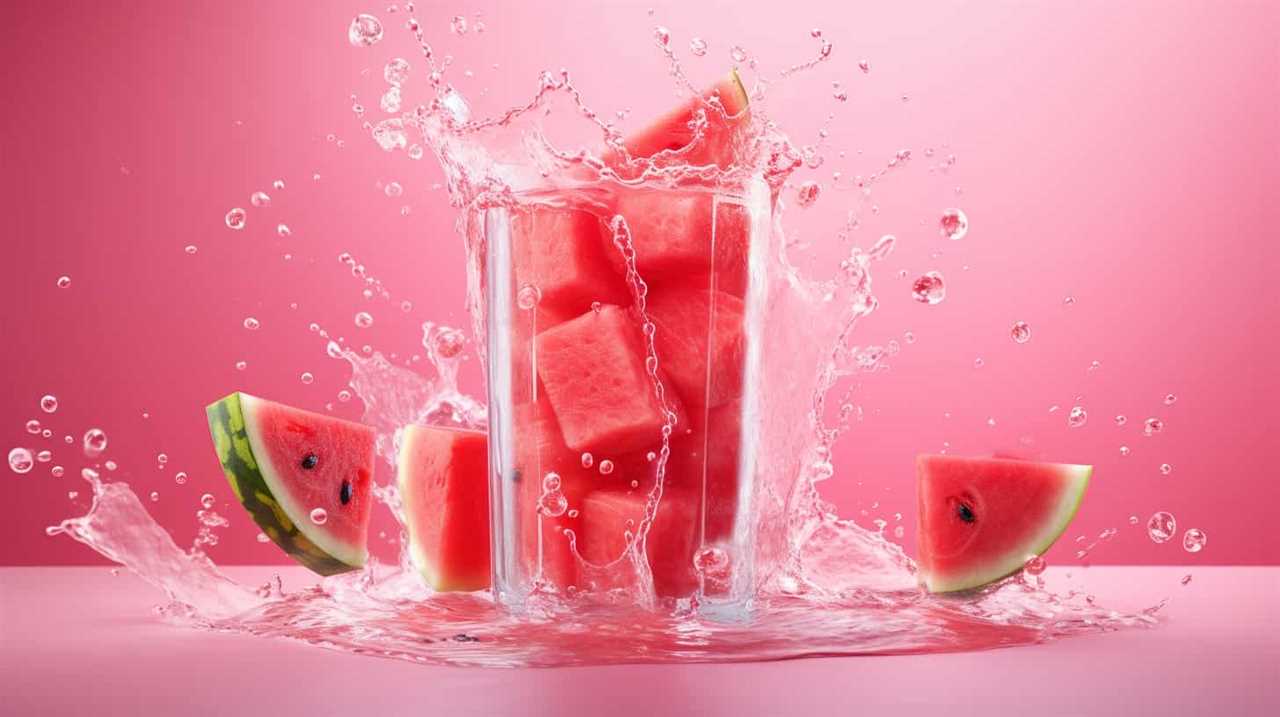
Here are some key points about global Pepsi consumption:
- Global Pepsi sales consistently rank in the top three among carbonated soft drinks, competing closely with Coca-Cola.
- Pepsi’s strong advertising campaigns have had a significant impact on its global sales, helping to create brand recognition and loyalty.
- Pepsi’s international presence spans over 200 countries, making it a truly global brand.
- The popularity of Pepsi varies across regions, with some countries showing a stronger preference for its taste and branding.
- In recent years, Pepsi has seen growth in emerging markets, capitalizing on the rising consumer demand for carbonated beverages.
With a solid global presence and a strong marketing strategy, Pepsi continues to hold its ground in the highly competitive beverage industry.
Now, let’s move on to discuss the next topic: Dr Pepper.
Dr Pepper
We love the unique taste of Dr Pepper, one of the best-selling American beverage brands. Dr Pepper’s distinct flavor sets it apart from other sodas, with its blend of 23 flavors creating a one-of-a-kind experience. This iconic beverage has gained a loyal following over the years, thanks in part to its memorable advertising campaigns. Dr Pepper has consistently used creative and engaging marketing strategies to capture the attention of consumers and build brand recognition. From the famous "I’m a Pepper" jingle to their recent collaborations with popular artists, Dr Pepper’s advertising efforts have successfully connected with their target audience. It’s no wonder that Dr Pepper continues to be a top choice for soda lovers across the country.
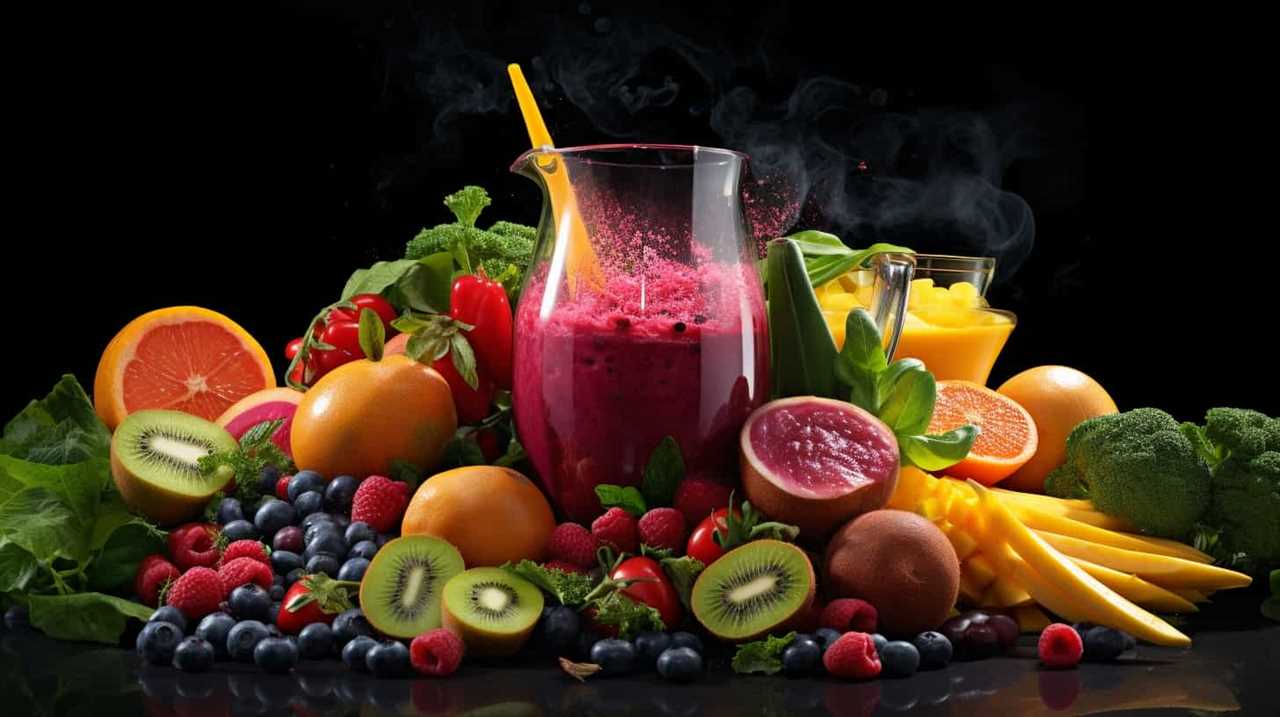
| Brand | Year Founded | Unique Flavor |
|---|---|---|
| Dr Pepper | 1885 | Blend of 23 flavors |
| Coca-Cola | 1886 | Classic cola taste |
| Pepsi | 1893 | Refreshing citrus flavor |
| Mountain Dew | 1940 | Bold and energizing citrus flavor |
| Sprite | 1961 | Crisp and refreshing lemon-lime |
Mountain Dew
Continuing from our previous discussion on Dr Pepper, let’s now delve into the next top-selling American beverage brand, Mountain Dew, known for its bold and energizing citrus flavor. Mountain Dew, owned by PepsiCo, has been a popular choice among consumers for years.
Here are some key points to consider about Mountain Dew:
- Mountain Dew’s caffeine content: With a higher caffeine content than most soft drinks, Mountain Dew appeals to those seeking an extra boost of energy. It contains approximately 54 milligrams of caffeine per 12-ounce serving, making it a popular choice for those looking for a pick-me-up.
- Mountain Dew’s marketing strategies: Mountain Dew has successfully targeted its brand towards the younger demographic through various marketing campaigns. With its vibrant and edgy image, Mountain Dew has sponsored extreme sports events, collaborated with popular gaming influencers, and utilized social media platforms to engage with its target audience.
- Product diversification: Mountain Dew has expanded its product line to include various flavors such as Code Red, Voltage, and Baja Blast, catering to different consumer preferences and appealing to a wider audience.
- Limited edition releases: Mountain Dew has capitalized on the limited edition trend by regularly introducing new and unique flavors for a limited time. This strategy creates a sense of exclusivity and encourages consumers to try the latest offerings.
- Brand loyalty: Mountain Dew has successfully cultivated a loyal customer base through its consistent messaging, engaging marketing campaigns, and strong brand identity. This loyalty has contributed to its continued success in the beverage industry.
Mountain Dew’s caffeine content and innovative marketing strategies have played a significant role in establishing it as a top-selling American beverage brand. Its ability to adapt to changing consumer preferences and maintain brand loyalty has solidified its position in the market.
Sprite
Moving on to another top-selling American beverage brand, let’s now focus on the refreshing taste and popularity of Sprite.
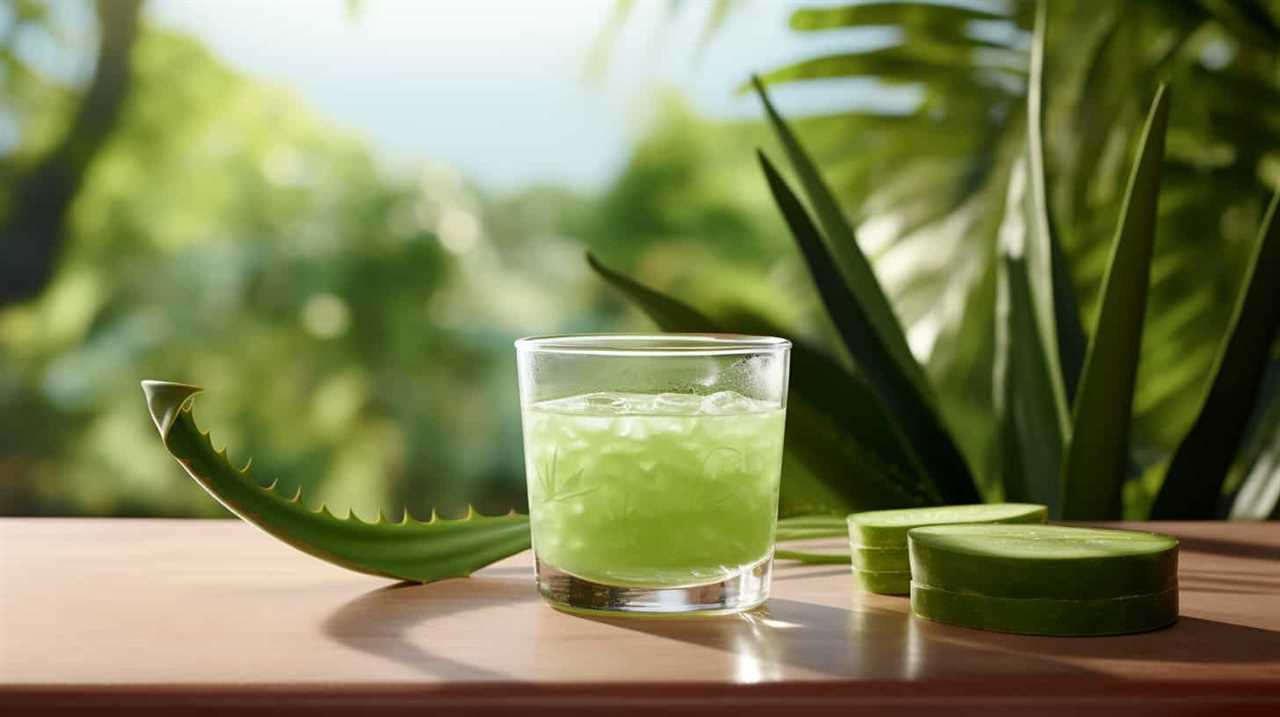
Sprite, a lemon-lime flavored soda, has consistently been one of the best-selling carbonated beverages in the United States. According to recent data, Sprite sales have remained strong, positioning it as a key player in the beverage industry.
One of the factors contributing to its success is its distinct flavor profile, which sets it apart from other lemon-lime sodas like 7UP. While both brands offer a similar taste experience, Sprite has managed to capture a larger market share due to its aggressive marketing campaigns and widespread availability.
As we transition to the next section discussing ‘Fanta’, it’s worth noting that Sprite’s continued success is a testament to its ability to meet the demands and preferences of consumers nationwide.
Fanta
As we delve into the topic of Fanta, let’s explore its unique attributes and market position within the American beverage industry.

Fanta is a popular carbonated soft drink that has gained significant popularity worldwide, thanks to its unique flavors and global reach. Here are some key points to consider:
- Fanta offers a wide variety of flavors, including Orange, Grape, Pineapple, and Strawberry, catering to different taste preferences.
- With its vibrant and refreshing taste, Fanta has successfully positioned itself as a fun and playful brand, appealing to a younger demographic.
- Fanta’s global reach is evident by its presence in over 190 countries, making it one of the most widely recognized beverage brands internationally.
- The brand has consistently introduced new flavors and limited editions to keep up with changing consumer preferences and maintain its competitive edge.
- Fanta’s marketing campaigns focus on creating a sense of joy and excitement, emphasizing its role as a refreshing and enjoyable beverage option.
Gatorade
Gatorade has long dominated the sports drink market, holding a significant share of the industry. With its wide range of flavors and targeted marketing campaigns, Gatorade has managed to capture the attention of athletes and fitness enthusiasts alike.
Its global popularity is evident, as the brand continues to expand its presence in various countries around the world.
Sports Drink Market Dominance
One brand stands out in the sports drink market, dominating with its popularity and sales figures. Gatorade, the iconic sports drink, has established itself as the market leader and has maintained its dominance for several decades.

Here are five key factors contributing to Gatorade’s market dominance:
- Strong brand recognition and reputation: Gatorade is synonymous with sports hydration, and its long-standing presence in the market has solidified its position as the go-to sports drink.
- Extensive product range: Gatorade offers a wide variety of flavors and formulations tailored to different athletic needs, catering to a diverse consumer base.
- Marketing and sponsorship partnerships: Gatorade’s strategic partnerships with professional athletes, sports teams, and major sporting events have helped to enhance its brand visibility and credibility.
- Research and development: Gatorade invests heavily in scientific research to continually improve its products and maintain its edge in the market.
- Global presence: Gatorade’s distribution network spans across the globe, allowing it to reach a vast consumer base and maintain high sales volumes.
As the sports drink industry continues to experience significant growth, Gatorade’s dominance remains unchallenged by emerging sports drink brands.
Gatorade’s Global Popularity?
We have observed Gatorade’s global popularity as it continues to thrive in the sports drink industry. Gatorade’s success can be attributed to its health benefits and its impact on sports performance.
Gatorade is known for its ability to replenish electrolytes and provide hydration during intense physical activity. This is crucial for athletes as it helps prevent dehydration and muscle cramps, allowing them to perform at their best.
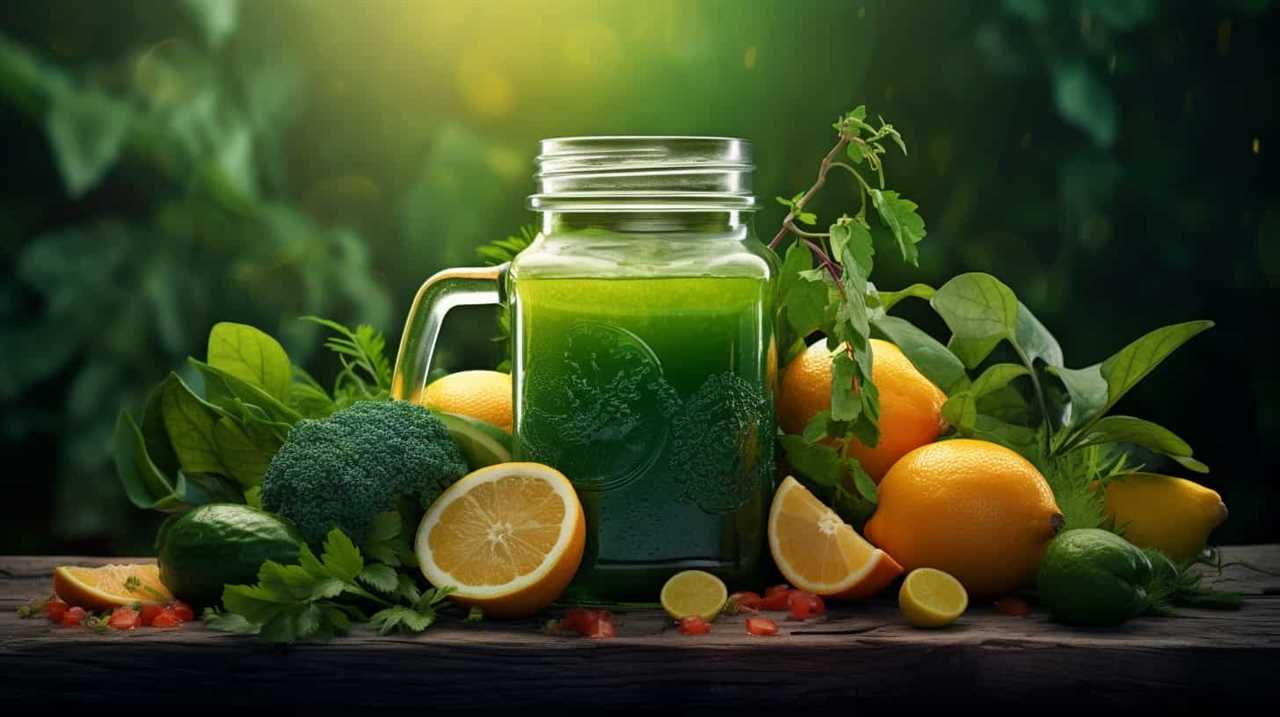
Additionally, Gatorade contains carbohydrates, which provide energy to the muscles, allowing athletes to endure longer and recover faster. With its wide range of flavors and convenient packaging, Gatorade has become the go-to choice for athletes around the world.
Its commitment to innovation and research has solidified its position as a leader in the sports drink market.
Tropicana
Among the top 10 best-selling American beverage brands, Tropicana stands out as a popular choice for consumers. Tropicana is widely known for its orange juice, which has gained immense popularity over the years. Here are five reasons why Tropicana and its orange juice are favored by many:
- Trusted Brand: Tropicana has been a trusted name in the beverage industry for decades, known for its commitment to quality and taste.
- Wide Variety: Tropicana offers a wide range of orange juice varieties, including no pulp, some pulp, and lots of pulp, catering to different preferences.
- Health Benefits: Orange juice is packed with essential vitamins and minerals, and Tropicana ensures that their juice retains its nutritional value.
- Freshness Guarantee: Tropicana guarantees the freshness of their orange juice, using only the highest quality oranges and a careful manufacturing process.
- Consumer Satisfaction: Tropicana’s focus on customer satisfaction has earned them a loyal customer base, who appreciate the consistent quality and taste of their orange juice.
With Tropicana’s success in the orange juice market, it’s no wonder that consumers continue to choose this brand for their refreshing and nutritious beverage needs.

Speaking of consumer favorites, let’s now explore the next brand on our list: Snapple.
Snapple
When it comes to iconic flavors in the beverage industry, Snapple is a brand that immediately comes to mind. With its wide range of unique and refreshing flavors, Snapple has become a favorite among consumers seeking something different.
Additionally, Snapple’s market dominance can’t be ignored, as it continues to be a top-selling brand that has successfully carved out a niche for itself in the highly competitive beverage market.
Snapple’s Iconic Flavors
Snapple’s iconic flavors have captivated consumers with their unique and refreshing taste. With a wide range of options to choose from, Snapple has become synonymous with delicious and innovative beverage flavors. Some of the most popular flavors include:

- Peach Tea: A classic blend of black tea and juicy peaches, offering a perfect balance of sweetness and tanginess.
- Fruit Punch: A vibrant and fruity combination of tropical flavors like pineapple, cherry, and orange.
- Lemonade: A refreshing twist on a timeless favorite, with a zesty burst of lemon flavor.
- Mango Madness: A tropical delight, blending the sweetness of ripe mangoes with a hint of tangy citrus.
- Raspberry Iced Tea: A delightful fusion of tart raspberries and crisp iced tea, creating a harmonious and thirst-quenching beverage.
These flavors not only satisfy taste buds but also offer health benefits, thanks to Snapple’s commitment to using natural ingredients. Through their clever marketing strategies, Snapple has successfully positioned themselves as a brand that delivers both great taste and nutritional value.
As we delve into Snapple’s market dominance, let’s explore how these flavors have contributed to their success.
Snapple’s Market Dominance?
As we continue our exploration of Snapple’s iconic flavors and their contribution to the brand’s success, we can see their market dominance in the beverage industry.
Snapple’s distribution strategy and brand positioning have played a crucial role in their market dominance.
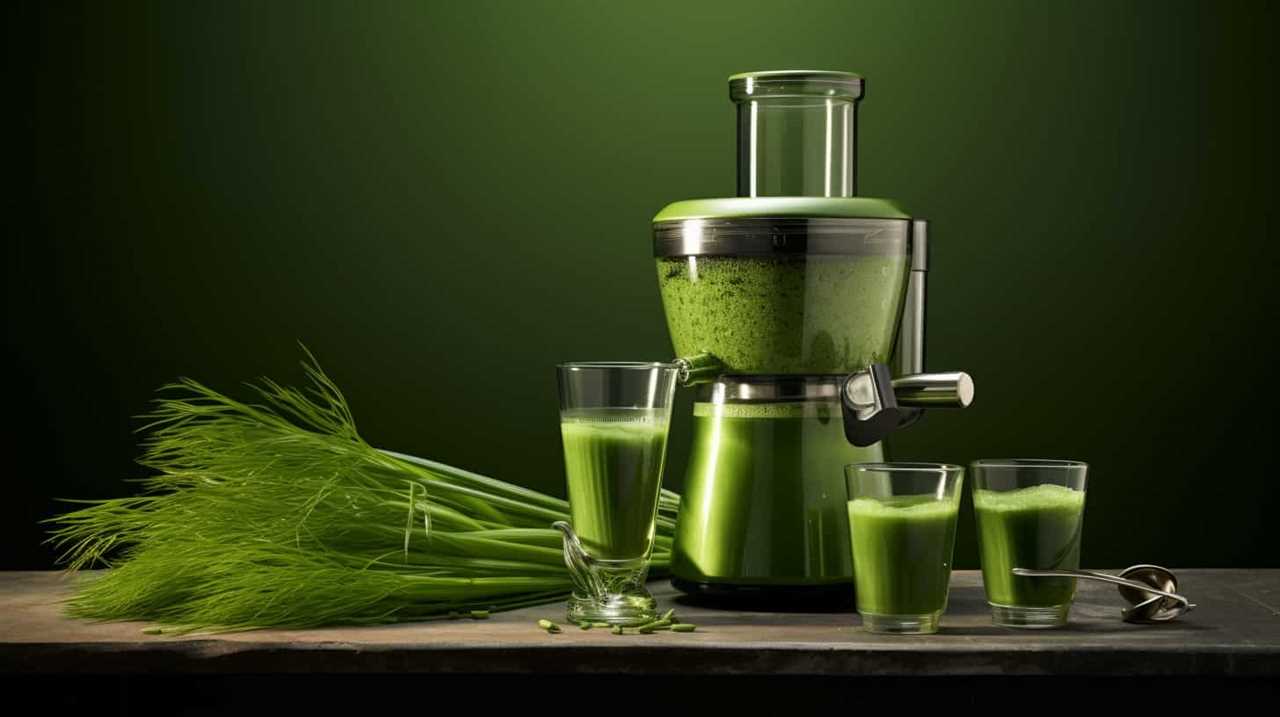
Snapple has strategically positioned itself as a premium beverage brand, offering a wide range of unique and refreshing flavors that cater to consumers’ preferences.
Their distribution strategy is focused on ensuring widespread availability through partnerships with major retailers, convenience stores, and online platforms. This allows Snapple to reach a larger customer base and maintain a strong market presence.
Additionally, Snapple’s brand positioning emphasizes their commitment to using high-quality ingredients and natural flavors, resonating with health-conscious consumers.
All these factors have contributed to Snapple’s market dominance and solidified their position as one of the best-selling American beverage brands.

Minute Maid
We love Minute Maid, one of the top 10 best-selling American beverage brands, for its refreshing taste and wide variety of flavors. Here are some reasons why Minute Maid has gained such iconic status and global popularity:
- Iconic flavors: Minute Maid offers a range of classic flavors like orange, apple, and grape, which have become synonymous with the brand. These flavors have stood the test of time and continue to be loved by consumers worldwide.
- Wide variety: In addition to its classic flavors, Minute Maid also offers a diverse range of options, including tropical blends, lemonades, and fruit punch. This variety ensures that there’s a flavor for everyone, catering to different tastes and preferences.
- Quality ingredients: Minute Maid is committed to using high-quality ingredients in its beverages. This dedication to quality is reflected in the taste and freshness of each bottle.
- Health-conscious choices: Minute Maid offers a selection of low-calorie and sugar-free options, catering to health-conscious individuals who are looking for a refreshing beverage without compromising on taste.
- Trusted brand: With a long history of providing delicious and reliable beverages, Minute Maid has gained the trust and loyalty of consumers worldwide. Its consistent quality and commitment to customer satisfaction have contributed to its global popularity.
Frequently Asked Questions
What Are the Specific Ingredients Used in the Production of Coca-Cola and Pepsi?
In Coca-Cola and Pepsi, specific ingredients like carbonated water, high-fructose corn syrup, caramel color, and phosphoric acid are used. Alternatives to these popular beverages include sparkling water, iced tea, and natural fruit juices.
How Many Calories Are There in a Can of Dr Pepper and Mountain Dew?
In a can of Dr Pepper and Mountain Dew, there are a significant number of calories. When comparing the sugar content, it is evident that both beverages contain a high amount of sugar.
What Is the History Behind the Creation of Sprite and Fanta?
The history of carbonated beverages is fascinating. Sprite and Fanta were created as part of strategic marketing strategies by their respective brands. Their success can be attributed to effective branding and targeting specific consumer preferences.

Are There Any New Flavors or Variations of Gatorade and Tropicana Being Released in the Near Future?
Yes, there are new flavors of Gatorade and variations of Tropicana being released in the near future. Our industry-focused data shows that these brands are constantly innovating to serve their customers better.
Can You Provide Any Information Regarding Snapple’s Sustainability Efforts and Eco-Friendly Packaging Initiatives?
At Snapple, we prioritize sustainability and eco-friendly packaging. Our initiatives include using recycled materials, reducing waste, and promoting responsible sourcing. We strive to serve our customers while protecting the environment for future generations.
Conclusion
After diving into the world of American beverages, we uncovered the top 10 best-selling brands that have quenched the thirst of millions. From the iconic Coca-Cola to the refreshing Sprite, these brands have dominated the industry with their irresistible flavors.
Like a symphony of bubbles and fizz, they’ve orchestrated a harmonious blend of taste and innovation. So, next time you sip on your favorite drink, remember the powerhouses behind it and the beverage empire they’ve built.

Susannah expertise lies in researching and compiling evidence-based content on juicing, nutrition, and overall health. She is committed to ensuring that The Juicery World offers accurate, up-to-date, and trustworthy information to empower readers to take control of their health. Susannah’s goal is to inspire individuals to embrace juicing as a way to nourish their bodies and live their best lives.
Beginners Guides
Shed Pounds With Organic Natural Weight Loss Juices

- Possible drawbacks of consuming organic and natural juices for weight loss
- The effectiveness of organic and natural juices in comparison to other weight loss methods
Are you tired of trying fad diets and exhausting workout routines? We have a solution that will help you shed those stubborn pounds naturally and effectively.
Introducing organic natural weight loss juices – the secret weapon to achieving your fitness goals! In this article, we will explore the benefits of incorporating organic juices into your diet, the top natural juices for shedding pounds, and how these juices can accelerate your weight loss journey.
Get ready to maximize your weight loss potential and feel your best with these delicious and nutritious juices.
Key Takeaways
- Organic juices support the body’s natural detoxification processes.
- Incorporating organic juices into a weight loss plan enhances overall health and accelerates progress towards weight loss goals.
- Lemon juice aids digestion and helps cleanse the liver.
- Consuming natural weight loss juices in the morning on an empty stomach is recommended for optimal absorption of nutrients and kick-starting metabolism.
Benefits of Organic Juices for Weight Loss
We have found that incorporating organic juices into our weight loss journey has provided us with numerous benefits.

Organic juices offer a range of benefits for overall health and play a crucial role in detoxification. These juices are packed with essential nutrients, such as vitamins, minerals, and antioxidants, which support our body’s natural detoxification processes. By consuming organic juices, we can help eliminate toxins from our body, promoting a healthier and more efficient metabolism.
Additionally, organic juices are low in calories and high in fiber, making them an excellent choice for weight loss. They help us feel full for longer, reduce cravings, and support healthy digestion.
Incorporating organic juices into our weight loss plan can enhance our overall health and accelerate our progress towards our weight loss goals.
Top Natural Juices for Shedding Pounds
To continue our exploration of organic juices for weight loss, let’s now delve into the top natural juices that can help shed those extra pounds. These juices not only taste delicious but also provide various detoxifying benefits for weight loss.

One of the top natural juices for shedding pounds is lemon juice. Packed with vitamin C, lemon juice aids digestion and helps cleanse the liver, promoting weight loss.
Another effective juice is cucumber juice, which is low in calories and high in water content, making it a great choice for hydration and detoxification.
When it comes to the best time to consume natural weight loss juices, it’s recommended to have them in the morning on an empty stomach. This allows your body to absorb the nutrients more efficiently and kick-starts your metabolism for the day.
Incorporating these natural juices into your daily routine can be a simple and effective way to support your weight loss goals while enjoying refreshing flavors and detoxifying benefits.

How Organic Juices Can Accelerate Weight Loss
Organic juices can accelerate weight loss by boosting metabolism and aiding in detoxification. When incorporated into a weight loss regimen, organic juice recipes can provide numerous benefits that help shed those extra pounds. Here’s how organic juices can accelerate weight loss:
- Organic juices are packed with essential nutrients that nourish the body and support overall health.
- They’re rich in antioxidants, which help fight inflammation and reduce oxidative stress, contributing to weight loss.
- Organic juice cleanse can help eliminate toxins from the body, promoting better digestion and improving nutrient absorption.
- These juices are low in calories and high in fiber, which can help control hunger and prevent overeating.
- They can also increase hydration levels, which is crucial for maintaining optimal metabolism and supporting weight loss.
Incorporating Natural Juices Into Your Diet for Weight Loss
Let’s explore how to incorporate natural juices into our diet for weight loss.
Incorporating juices into your daily routine can be a simple and effective way to support your weight loss goals. One key aspect to consider is the timing of when you consume your juices. Drinking a juice before or after exercise can provide your body with essential nutrients and hydration, helping to fuel your workouts and aid in recovery.
Additionally, incorporating juices into your meals can help to increase your overall intake of fruits and vegetables, which are essential for weight loss. Consider replacing sugary beverages or snacks with a homemade juice to reduce calorie intake and increase nutrient density.

Maximizing Weight Loss With Organic and Natural Juices
Incorporating organic and natural juices into our diet allows us to maximize weight loss and achieve our health goals. These juices have numerous benefits that help in boosting metabolism and detoxifying the body. Here are five reasons why organic and natural juices are essential for maximizing weight loss:
- Rich in nutrients: Organic and natural juices are packed with vitamins, minerals, and antioxidants that nourish our bodies and support weight loss.
- Hydration: Staying hydrated is crucial for weight loss, and organic juices provide a refreshing and hydrating way to keep our bodies in balance.
- Fiber content: Many organic and natural juices contain high amounts of fiber, aiding digestion and promoting feelings of fullness, reducing the urge to overeat.
- Detoxification: These juices help in eliminating toxins from our body, allowing it to function optimally and aiding in weight loss.
- Low in calories: Organic and natural juices are generally low in calories, making them an excellent choice for weight loss without compromising on taste or nutrition.
Frequently Asked Questions
Are Organic Juices the Only Way to Lose Weight?
Organic juices can be a part of a healthy weight loss plan, but they are not the only way to shed pounds. Incorporating a balanced diet, regular exercise, and portion control are also important for effective weight loss.
How Long Does It Take to See Results From Incorporating Natural Juices Into Your Diet for Weight Loss?
Incorporating natural juices into our diet for weight loss can yield results in as little as a few weeks. These juices not only aid in shedding pounds but also provide numerous benefits for overall health. It is recommended to consume a daily intake of natural juices for weight loss.
Can I Drink Natural Juices Along With My Regular Meals and Still Lose Weight?
Drinking natural juices as a meal replacement for weight loss can be effective, but it’s important to maintain a balanced diet. Consuming them in excess may lead to negative effects, so moderation is key.

Are There Any Side Effects of Consuming Organic and Natural Juices for Weight Loss?
There may be some drawbacks to consuming organic and natural juices for weight loss, such as potential digestive issues. However, these juices can be effective when combined with a balanced diet and exercise.
Can I Replace Meals With Organic Juices for Faster Weight Loss?
Yes, you can replace meals with organic juices for faster weight loss. However, it’s important to consider the effectiveness of meal replacement and the long-term effects of organic juice consumption on your overall health and nutrition.
Conclusion
In conclusion, incorporating organic and natural weight loss juices into your diet can be a practical and effective way to shed pounds. These juices provide numerous benefits, such as boosting metabolism and curbing cravings.
By choosing the right natural juices and incorporating them into a balanced diet, you can maximize your weight loss efforts. Remember, Rome wasn’t built in a day, so be patient and consistent in your journey to a healthier you.
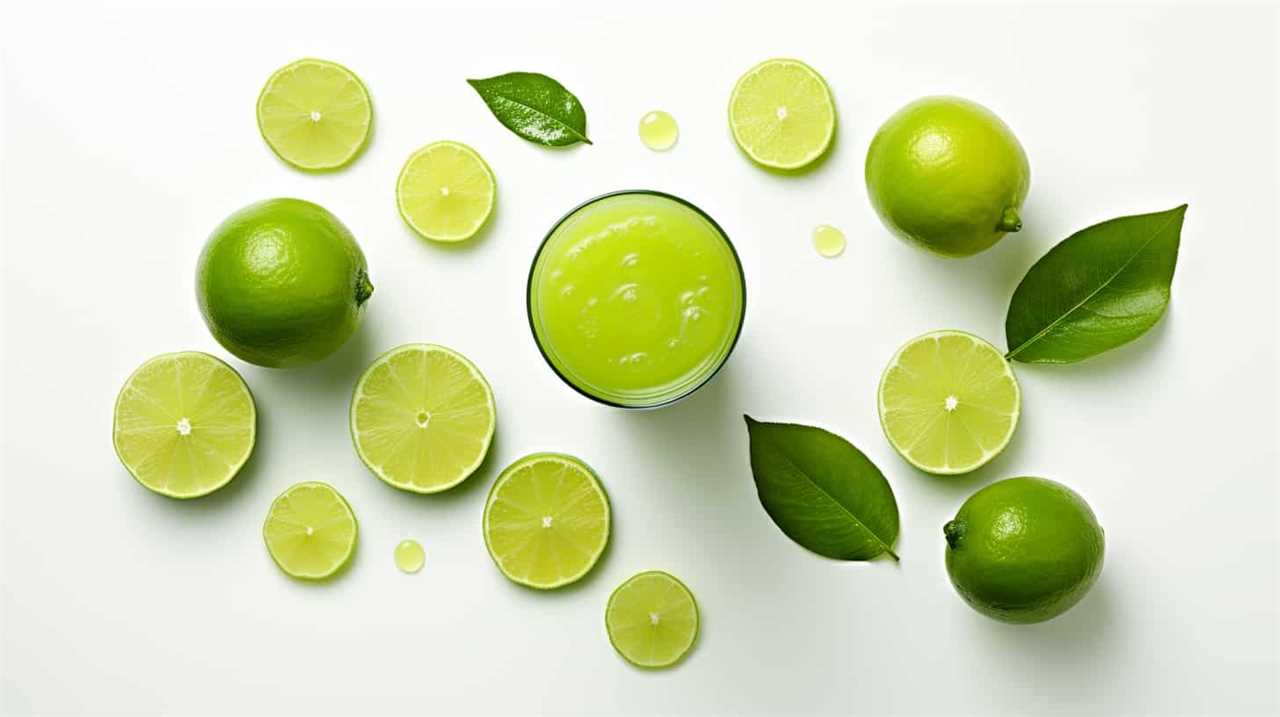
As the saying goes, ‘Slow and steady wins the race.’
Susannah expertise lies in researching and compiling evidence-based content on juicing, nutrition, and overall health. She is committed to ensuring that The Juicery World offers accurate, up-to-date, and trustworthy information to empower readers to take control of their health. Susannah’s goal is to inspire individuals to embrace juicing as a way to nourish their bodies and live their best lives.
-

 Juice Tips and Tricks3 weeks ago
Juice Tips and Tricks3 weeks agoHow To Make Homemade Pickle Juice
-

 Health Benefits of Juice1 month ago
Health Benefits of Juice1 month agoHow Much Bottled Lemon Juice Equals 1 Lemon
-

 Juice Tips and Tricks1 week ago
Juice Tips and Tricks1 week agoHow Much Lemon Juice Is Equal To Half A Lemon
-

 Juice Tips and Tricks2 weeks ago
Juice Tips and Tricks2 weeks agoHow Much Lemon Juice Concentrate Equals One Lemon
-

 Popular Juice Brands3 months ago
Popular Juice Brands3 months ago10 Top-Rated Organic Juice Brands to Try
-

 Popular Juice Brands3 months ago
Popular Juice Brands3 months ago9 Best No-Sugar-Added Popular Juice Brands
-

 Juice Tips and Tricks2 days ago
Juice Tips and Tricks2 days agoHow Long Can You Drink Orange Juice After The Expiration Date
-

 Juice Tips and Tricks1 month ago
Juice Tips and Tricks1 month agoHow Long Does Lemon Juice Last After Expiration Date










